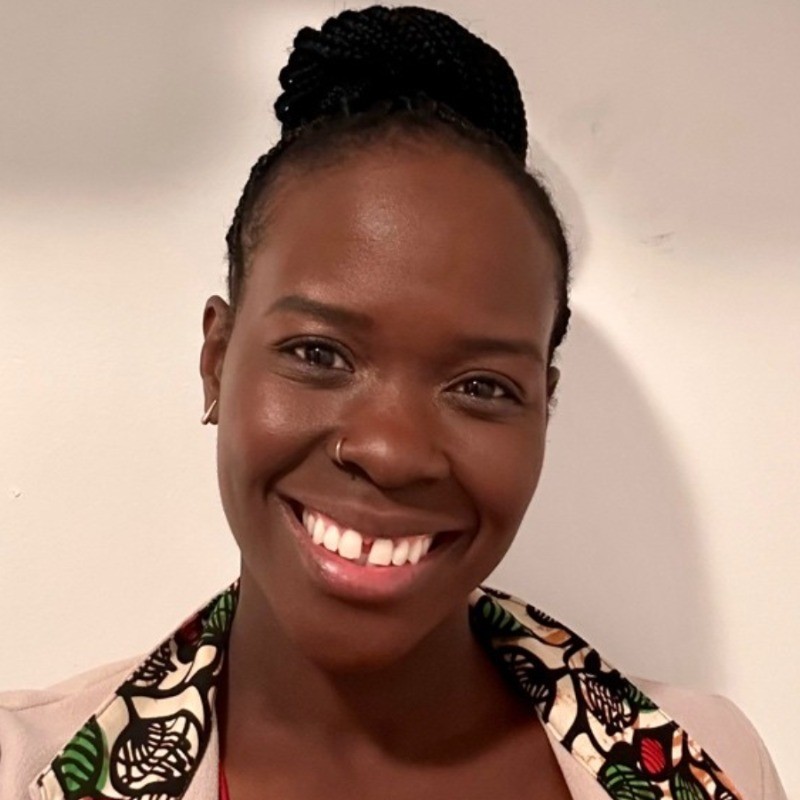Guest speakers


Nina Hall is an Assistant Professor of International Relations at Johns Hopkins School of Advanced International Studies. Her research explores the role of transnational advocacy and international organizations in international relations. Her research interests focus on Climate Change, Disruptive Innovation, International Relations, Politics, Women's Rights. In one of her books, she explored how UNHCR, IOM and UNDP adapted to climate change.
Key publications:
- Transnational Advocacy in the Digital Era, Think Global, Act Local (Oxford University Press, 2022).
- Innovation and Adaptation in Advocacy Organizations Throughout the Digital Eras, with J. Dennis, in Journal of Information Technology and Politics 17:2 (2020).
- When do Refugees Matter? The Importance of Issue-Salience for Digital Advocacy Organizations, in Interest Groups and Advocacy 8:3 (2019).

Nina Reiners is an Associate Professor of Human Rights and Social Sciences at University of Oslo's Faculty of Law. She currently serves as Acting Head of Department & Head of Research at the Norwegian Centre for Human Rights.
Her research broadly engages questions related to agency and change in international relations and international law, human rights and global justice. At the Faculty of Law, she is leading the research group Global Challenges to Human Rights.
Key publications:
- Reiners, Nina (2022, paperback 2023): Transnational Lawmaking Coalitions for Human Rights, Cambridge University Press.
- Reiners, Nina (2023): States as bystanders of legal change: Alternative paths for the human rights to water and sanitation in international law. Leiden Journal of International Law, 1-20.
- Lesch, Max and Nina Reiners (2023): Informal Human Rights Lawmaking: How Treaty Bodies Use General Comments to Develop International Law. Global Constitutionalism, 1-24, online first.

Thomas Davies is a reader in International Politics at City, University of London, Department of International Politics. Dr Davies' work bridges historical and theoretical perspectives on world politics, with special focus on transnational and non-state dimensions. He has a particular interest in the role of non-state actors in macro-historical change.
Key Publications:
- NGOs: A New History of Transnational Civil Society (Oxford University Press)
- The Possibilities of Transnational Activism (Martinus Nijhoff)

Felisa Tibbitts is a Professor of International and European Law at the University of Utrecht. Her research interests include human rights, global and democratic citizenship education and education for sustainable development; curriculum policy and reform; critical pedagogy; and human rights in higher education transformation.
Key publications:
- Tibbitts, F. and Keet, A. (Eds.) Emancipatory Human Rights and the University: Promoting Social Justice in Higher Education. London: Routledge.
- Tibbitts, F. (forthcoming). Revitalizing the Mission of Higher Education through a Human Rights-Based Approach. Prospects: Quarterly Review of Comparative Education. Special issue devoted to UNESCO’ Futures of Education initiative.
- Tibbitts, F. (2020) Deliberative democratic decision making, universal values, and cultural pluralism: A proposed contribution to the prevention of violent extremism through education. Prospects: Quarterly Review of Comparative Education, 48 (1), pp. 79-94.

Corinne Lennox is the co-director of the Human Rights Consortium. She is a Senior Lecturer in Human Rights at the Institute of Commonwealth Studies and convenes the MA in Understanding and Securing Human Rights. Her research focuses on issues of minority and indigenous rights protection, civil society mobilization for human rights, and human rights and development. She has worked for many years as a human rights consultant and trainer, including at Minority Rights Group International, the UNDP and the UN OHCHR.
Key publications:
- Academic freedom in online learning, in Academic Freedom in a Plural World: Global Critical Perspectives, Nandini Ramanujam and Frédéric Mégret (eds.), CEU Press (chapters, 2024).
- International Order, Diversity Regimes and Minority Rights: A Longue Duree Perspective (chapters, 2022)
- The United Nations Declaration on the Rights of Indigenous Peoples: A Contemporary Evaluation (edited book, 2020).

Stasya Denisova is a Human Rights Defender from Russia. She is the Human Rights Education Team Lead for Europe and Central Asia at Amnesty International. Her expertise in human rights and international human rights law include practical experience in protecting the rights of refugees, asylum seekers, forced migrants; survivors of prevention of modern slavery and violent hate crimes.

Christine Nanteza is a Nonprofit Consultant, with more than eleven years of experience in the human rights field. She studied Psychology and Economics at the University of Waterloo in Canada and then she continued her academic career here in Padova, where she successfully completed her Master’s Degree in Human Rights and Multi-level Governance. She has excelled in the organization of several initiatives and events such as The Student Engagement Team, which is a student-led project that creates a space where human rights can be shared and discussed.

